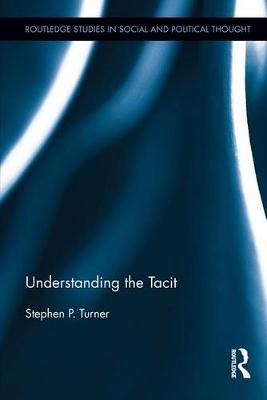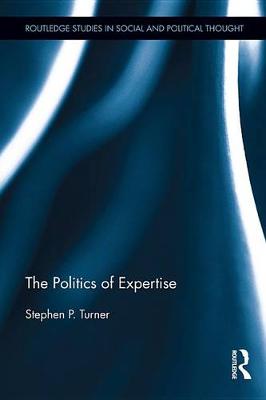Routledge Studies in Social and Political Thought
2 total works
This book outlines a new account of the tacit, meaning tacit knowledge, presuppositions, practices, traditions, and so forth. It includes essays on topics such as underdetermination and mutual understanding, and critical discussions of the major alternative approaches to the tacit, including Bourdieu's habitus and various practice theories, Oakeshott's account of tradition, Quentin Skinner's theory of historical meaning, Harry Collins's idea of collective tacit knowledge, as well as discussions of relevant cognitive science concepts, such as non-conceptual content, connectionism, and mirror neurons. The new account of tacit knowledge focuses on the fact that in making the tacit explicit, a person is not, as many past accounts have supposed, reading off the content of some sort of shared and fixed tacit scheme of presuppositions, but rather responding to the needs of the Other for understanding.
This book collects case studies and theoretical papers on expertise, focusing on four major themes: legitimation, the aggregation of knowledge, the distribution of knowledge and the distribution of power. It focuses on the institutional means by which the distribution of knowledge and the distribution of power are connected, and how the problems of aggregating knowledge and legitimating it are solved by these structures. The radical novelty of this approach is that it places the traditional discussion of expertise in democracy into a much larger framework of knowledge and power relations, and in addition begins to raise the questions of epistemology that a serious account of these problems requires.

